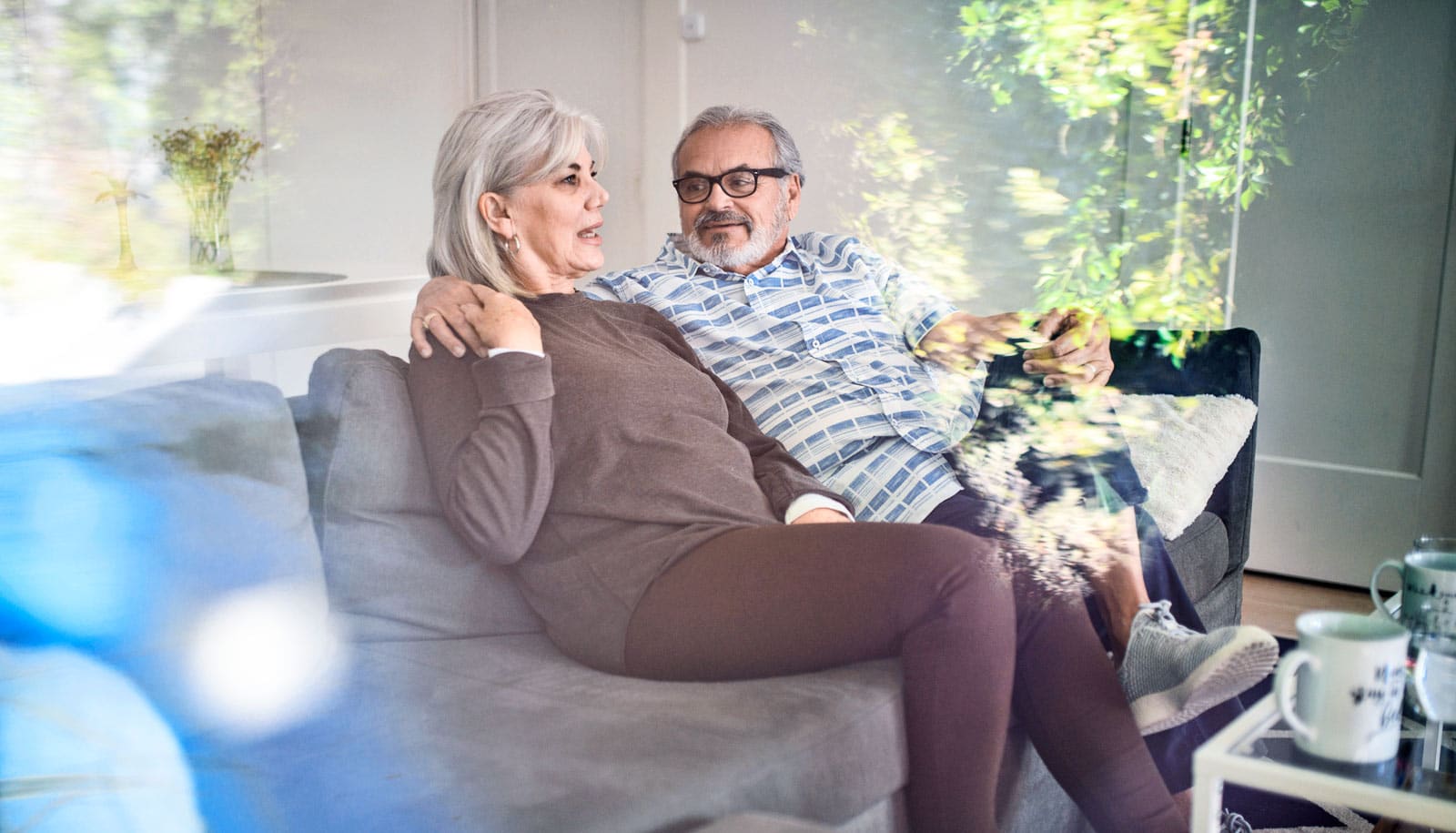Women in their 60s report a number of causes for their low libido, researchers report.
The qualitative study in the journal Menopause distills interviews with dozens of women about their lack of desire for sex into several major themes—including sexual dysfunction in their partners.
“If a woman is having sexual problems, what’s going on with her partner may be contributing. Sex doesn’t occur in a vacuum,” says lead author Holly Thomas, assistant professor of medicine at the University of Pittsburgh Medical Center.
Up to 40% of women over age 60 have low libido, and about 10% of them report feeling bothered by it.
To understand what’s causing these women to have lower libido than they’d like, Thomas and her team conducted three 12-woman focus groups and interviewed 15 other women privately, depending on which setting the participant preferred.
Through these conversations, five major themes emerged:
- Postmenopausal vaginal symptoms
- Erectile dysfunction in partner
- Fatigue or bodily pain
- Life stressors
- Body image
The most surprising thread here, Thomas says, was that so many women identified sexual dysfunction in their male partners as a major contributor to their own lack of desire for sex.
“Some women find workarounds, but others get stonewalled by their partner because he feels defensive,” Thomas says. “As women we’re encouraged to be accommodating, so we learn to tamp down our own needs and desires, and prioritize those of others.”
Another revelation was that for some women, despite having retired from their jobs and successfully ejected their adult children from their houses, they were still too stressed to view sex as a priority.
For instance, one woman bemoaned the emotional burden of caring for her ailing mother while simultaneously supporting her daughter through recovery from a substance use disorder.
There were several limitations of this study, most notably the small, racially homogeneous sample and the lack of quantitative data.
Still, since most of the research on low libido in older women has focused on hormones, Thomas says, hearing detailed accounts from the women themselves produces novel ideas that may not come out of a large survey.
Additional coauthors are from the University of Pittsburgh and the University of Utah.
The National Institute on Aging and the National Heart, Lung, and Blood Institute supported the work.
Source: University of Pittsburgh

